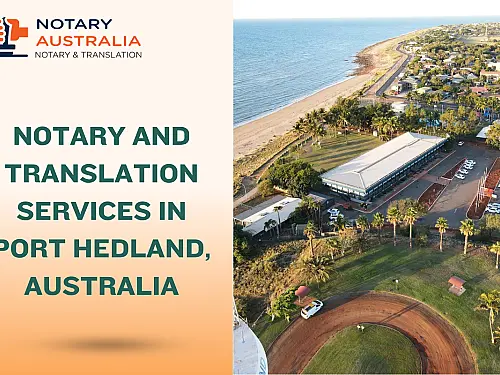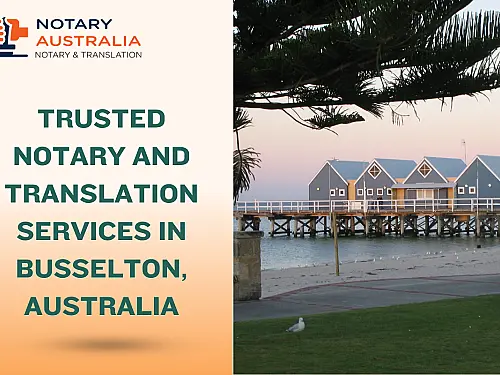



How to Become a Notary Public in Australia: A Step-by-Step Guide
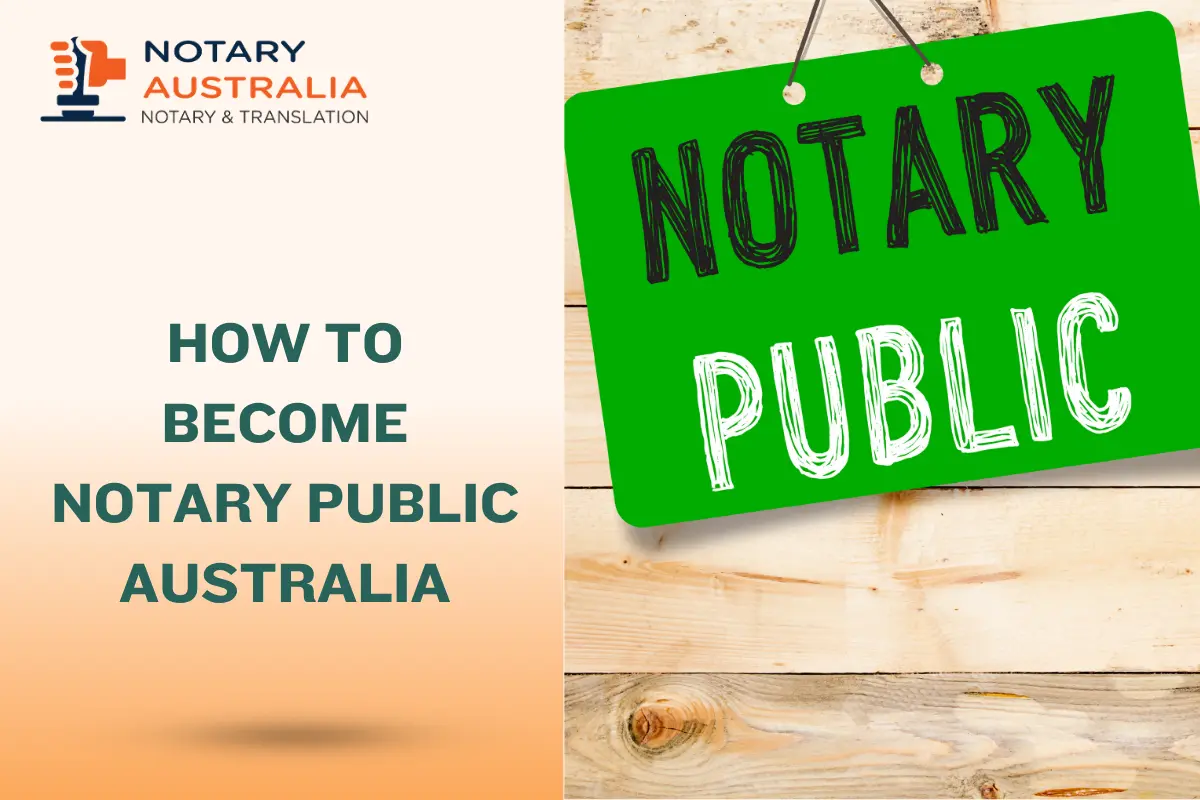
Table of Contents
Are you a qualified lawyer in Australia seeking to broaden your professional scope and provide notarization services? Becoming a notary public is a respected legal career path that allows you to authenticate documents for both local and international use. In this article, we’ll guide you through the full process, including eligibility, training, appointment, and ongoing responsibilities.
What Is a Notary Public in Australia?
A Notary Public is a legal professional authorized to witness signatures, certify documents, and administer oaths, particularly for international matters. Notaries are typically senior lawyers who have completed additional training and have been appointed by the Supreme Court in their respective state or territory.
Who Can Become a Notary Public?
Eligibility Criteria
To apply as a notary public in Australia, you generally need to:
- Hold a current legal practising certificate
- Be admitted as a solicitor or lawyer in an Australian jurisdiction
- Have at least 5 years of post-admission legal experience
- Be of good character and professional standing
Note: Requirements may vary by state or territory. Always consult your local Supreme Court or Law Society for specific guidance.
Required Qualifications and Training
Do You Need Special Education?
Yes. In addition to being a qualified legal practitioner, you’ll need to complete:
- A Notarial Practice Course, or
- Practical Legal Training (PLT) with a notarial component
These programs typically cover:
- Notarial duties and ethical obligations
- Document certification and authentication
- International legal processes and document handling
Courses are offered online or in-person through bodies such as the Society of Notaries and state law societies.
Appointment Process: Step-by-Step
Step 1: Meet Eligibility Requirements
Ensure you meet all legal, professional, and experience criteria.
Step 2: Complete Notarial Practice Training
Enroll in and successfully complete a recognised notarial education program in your jurisdiction.
Step 3: Apply to the Supreme Court
Submit a formal application including:
- Proof of legal qualifications and experience
- Notarial course certificate
- Character references
- Application fee
You may also be required to publish a notice or attend an interview depending on your state.
Step 4: Receive Your Notary Appointment
If approved, the Supreme Court will issue a Certificate of Appointment and you'll be registered as a notary public.
Renewals: Notary appointments are usually permanent but require you to maintain your practising certificate and insurance.
Responsibilities of a Notary Public
As a notary public, your duties may include:
- Witnessing signatures on legal documents
- Certifying copies of original documents
- Administering oaths and affirmations
- Attesting powers of attorney for overseas use
- Notarising statutory declarations and affidavits
- Helping clients obtain apostilles or legalisations for international documents
How Is a Notary Different from a Lawyer or Justice of the Peace?
| Feature | Notary Public | Lawyer | Justice of the Peace (JP) |
|---|---|---|---|
| Legal Advice | no (unless also a lawyer) | yes | no |
| Court Representation | no | yes | no |
| International Certification | yes | no (unless a notary) | no |
| Appointed by | Supreme Court | Law Society | Government Body |
| Handles Affidavits | yes | yes | yes |
Costs Involved
Application Fees:
Supreme Court fees range from $400–$800 depending on your state or territory.
Course Fees:
Expect to invest between $900 and $2,000 in notarial training.
Other Expenses:
- Professional indemnity insurance
- Notarial seal and stamp
- Office setup (if practicing independently)
Where Can Notaries Work in Australia?
Notaries can operate in various settings, including:
- Independent practice
- Within a law firm
- In corporate legal departments
- In government or academic institutions
Although your appointment is state-based, your services may be recognised nationally and internationally.
Frequently Asked Questions
Can I Become a Notary Without Being a Lawyer?
No. In Australia, notaries must be experienced legal practitioners.
How Long Does It Take?
It typically takes 3–6 months, depending on training course schedules and Supreme Court processing times.
Can I Notarize Documents for Other Countries?
Yes. International certification is one of the primary functions of a notary public in Australia.
Tips for Success as a Notary Public
- Join your local notarial society for updates and networking opportunities
- Invest in quality notarial tools (seals, records, secure document storage)
- Develop relationships with migration agents and international businesses
Final Thoughts: Should You Become a Notary?
Becoming a notary public in Australia offers:
- Career advancement and professional distinction
- A niche legal service with growing demand
- Opportunities for independent or firm-based practice

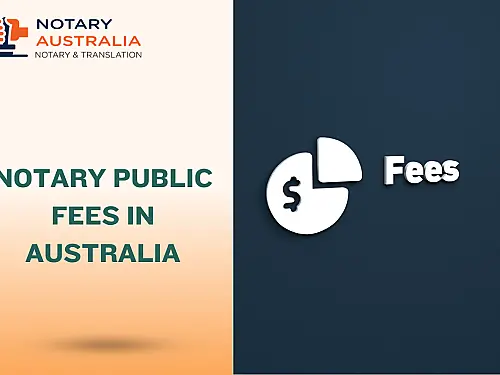

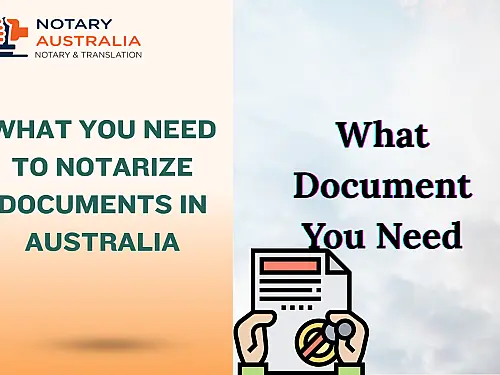
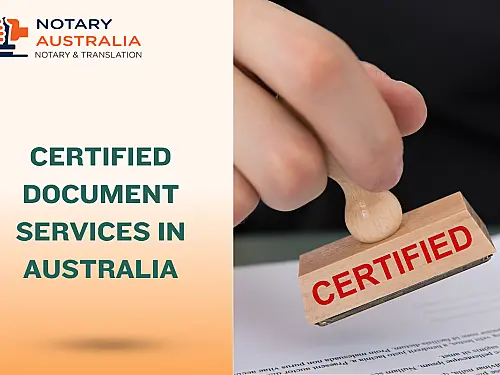
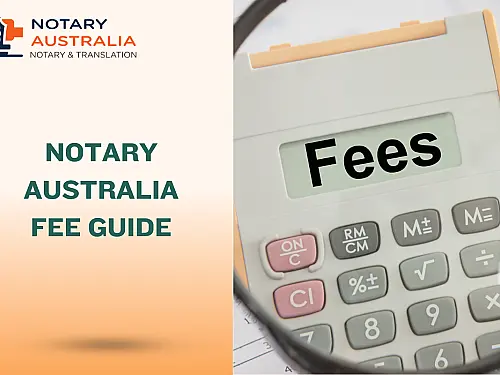

-thumb.webp)

